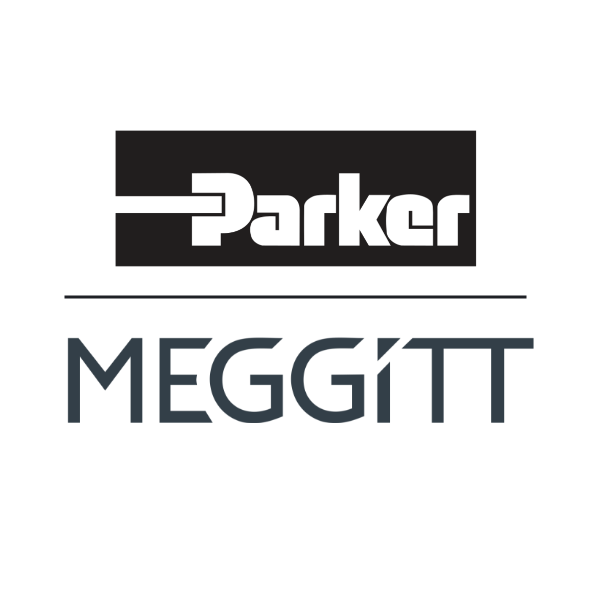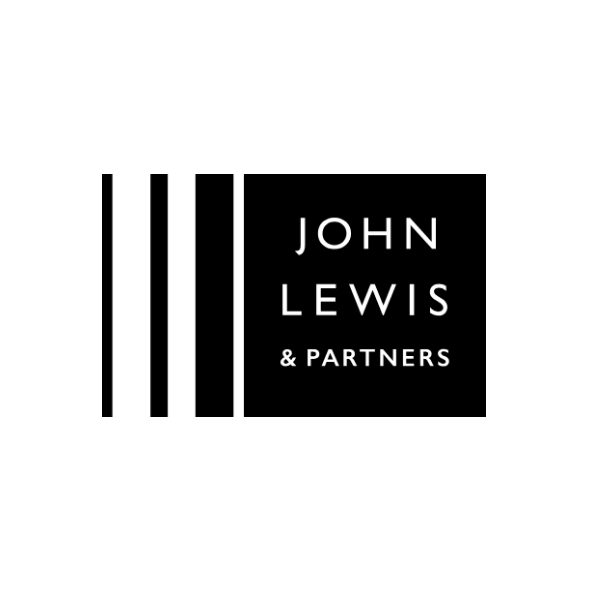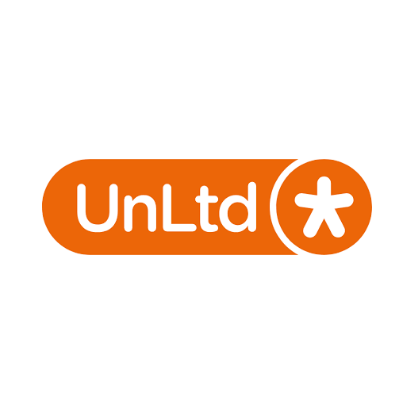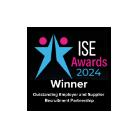Unlocking potential: Rethinking CVs for Inclusive Recruitment
CVs are often considered a reliable summary of individual’s past experiences and abilities. However, is it possible that CVs inadvertently create barriers to entry, impeding diversity and inclusivity in the workplace?
Rethinking the role of the CV
When it comes to recruitment, CVs have long been hailed as the standard tool for assessing a candidate’s qualifications and suitability for a role. CVs, by their nature, prioritise traditional markers of success, such as education and work experience. While these factors can provide valuable insights into a candidate’s background, they also have the potential to exclude individuals who may have valuable skills and experiences but lack conventional credentials.
This can disproportionately affect marginalised groups, particularly individuals from lower socio-economic backgrounds, minorities and those with non-traditional career paths.
Over 56% of learners who don’t have a CV are from the most disadvantaged areas in the UK.
(Stat: TheTalentPeople)
Removing Barriers to Entry: Beyond Academic Credentials in Hiring
One of the main ways in which CVs create barriers to entry is through their reliance on formal education as a measure of qualification. Candidates without access to higher education or who have taken alternative career paths, such as vocational training or self-directed learning, may find themselves at a disadvantage when competing against candidates with traditional academic credentials.
This perpetuates inequalities in access to employment opportunities and limits diversity in the work force.
Females are 30% more likely to not have a CV.
(Stat: TheTalentPeople)
CVs often prioritise linear career progression and uninterrupted employment history, overlooking the value of skills acquired through non-traditional experience or career breaks.
This can disadvantage individuals who have taken time off for caregiving responsibilities, pursued entrepreneurial ventures, or engaged in volunteer work.
By narrowing focusing on past roles and titles, CVs fail to capture the full range of a candidate’s capabilities and potential.
There is also the risk of CVs inadvertently substantiating biases in the recruitment process, potentially making assumptions based on a candidate’s name, education and previous job titles. This can lead to the exclusion of qualified candidates from underrepresented groups, further perpetuating inequalities in the workforce.
In a recent engineering campaign, 82% of candidate did not have a CV – highlighting a significant shift in the recruitment landscape.
(Stat: TheTalentPeople)
The Future of Hiring:
Embracing Alternative Assessment Methods
In response to these challenges, many organisations are rethinking their approach to recruitment and exploring alternative assessment methods that focus on skills, capabilities, and potential rather than traditional credentials.
Skills-based assessments, strengths-based testing, competency-based interviews, and ability-gauging work samples are just a few examples of alternative methods that can provide a more inclusive and equitable assessment of candidates.
TheTalentPeople’s Approach.
We don’t ask candidates for a CV or cover letter but instead, apply strengths-based testing in our recruitment process. Through the data and insight on TheTalentPeople’s ecosystem, we have discovered that 50% of applicants don’t have a CV.
The benefits of strengths-based assessment approaches.
- Assessing for potential: A more inclusive approach to assessing candidates on their strengths and weaknesses within the role.
- Encouraging more natural responses: It’s harder to prepare answers to a strengths-based question and so candidates answer more naturally than in competency-based interviews.
- Not reliant on past work experience: Candidates can use examples from all areas of life and give hypothetical responses to situations in their answers.
- Removing barriers to entry: Making this approach more inclusive and supportive to minority groups.
Conclusion:
In today’s dynamic job market, it’s crucial to rethink the role of the CV. By prioritising candidates’ capabilities and potential over their formal credentials, organisations can create more equitable recruitment processes that attract a diverse pool of talent.
At TheTalentPeople, we specialise in end-to-end recruitment solutions that focus on potential rather than paper. If you want to learn more about our approach, get in touch: info@thetalentpeople.co.uk

Your challenge, Our expertise: Bespoke Solutions.

We understand that everyone’s journey is unique, so we approach our clients and candidates with this in mind. You won’t find any off-the-shelf solutions here. Instead, you’ll discover a dedicated team committed to creating and delivering tailored solutions that cater to your specific needs and get real results.


















